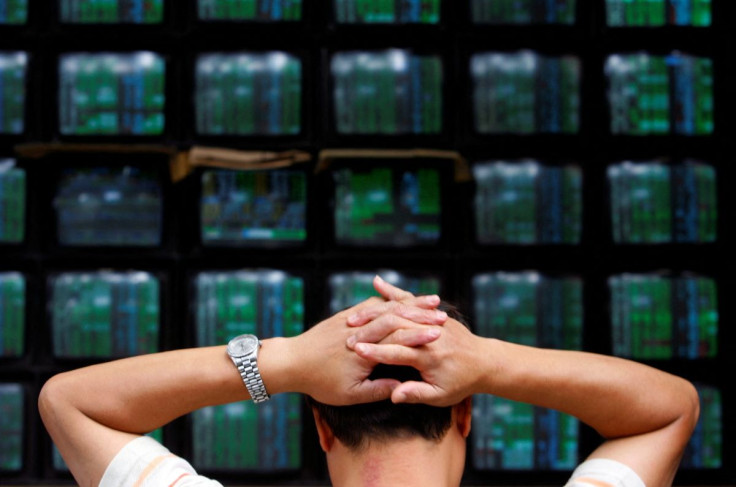European Stocks Open Higher, Investors Weigh Up Oil Ban's Impact

European stock indexes clawed back some ground in early trading on Wednesday after three days of falls, as crude prices rose after the United States banned Russian oil imports.
Western sanctions have cut Russia off from global trade and financial markets in response to its invasion of Ukraine, and oil prices only edged higher after the U.S. ban, which Goldman Sachs analysts said had already been priced in.
At 0815 GMT, Brent crude futures were at $128.89 a barrel, up 0.6% on the day. While this was below Monday's high of $139.13, it was roughly double December's lows.
Britain said it would phase out importing Russian oil and oil products by the end of 2022, while the European Union published plans to cut its reliance on Russian gas by two thirds this year. Europe is more dependent on Russian oil than the United States is.
Russia said that it was working on a broad response to sanctions that would be swift and felt in the West's most sensitive areas.
Marcelo Assalin, head of Emerging Market Debt at William Blair IM, said key questions for investors are: if there will be further military escalation; whether Moscow will restrict its gas exports if countries such as Germany join the oil buying ban; how the surge in energy prices will hit the global economy; and how major central banks will react.
Central banks will tighten monetary policy "less than they will have otherwise done," Assalin said.
The MSCI world equity index, which tracks shares in 50 countries, was up 0.5% on the day.
European indexes opened higher, with the STOXX 600 up 2.4% and London's FTSE 100 up 1.6%.
With markets volatile, analysts said the slight recovery in equities did not necessarily mean that investors had changed their view on the conflict, which is the largest war in Europe since World War Two.
Chinese shares had struggled following inflation data that showed a combination of soft domestic demand and high commodity prices, while coronavirus cases there continue to rise.
The Russian invasion and ensuing sanctions have played havoc with global supply chains, sending prices soaring across the commodities market.
UBS said in a client note that it had raised its commodities forecasts.
"The global commodity market was already facing a supply challenge before the ...conflict. Now, disruption to supplies arising from the war will exert even more pressure on supply."
Nickel trading remained suspended on the London Metals Exchange after prices doubled in a surge sources attributed to short-covering by a top producer.
Gold edged down from the previous session's 19-month highs.
The safe-haven dollar was down 0.4%, at 98.726 versus a basket of currencies.
The benchmark 10-year German government bond yield calmed after Tuesday's jump, up around one basis point on the day at 0.118%.
The 10-year U.S. Treasury yield was steady at 1.8663%.
Elsewhere, bitcoin led a rally in cryptocurrencies after an apparently a prematurely published statement on calls for a "coordinated and comprehensive approach to digital asset policy" briefly appeared on the U.S. Treasury website, calming fears about a sudden tightening of U.S. rules around such assets.
Graphic: Global asset performance http://tmsnrt.rs/2yaDPgn
Graphic: World FX rates http://tmsnrt.rs/2egbfVh
© Copyright Thomson Reuters 2024. All rights reserved.




















